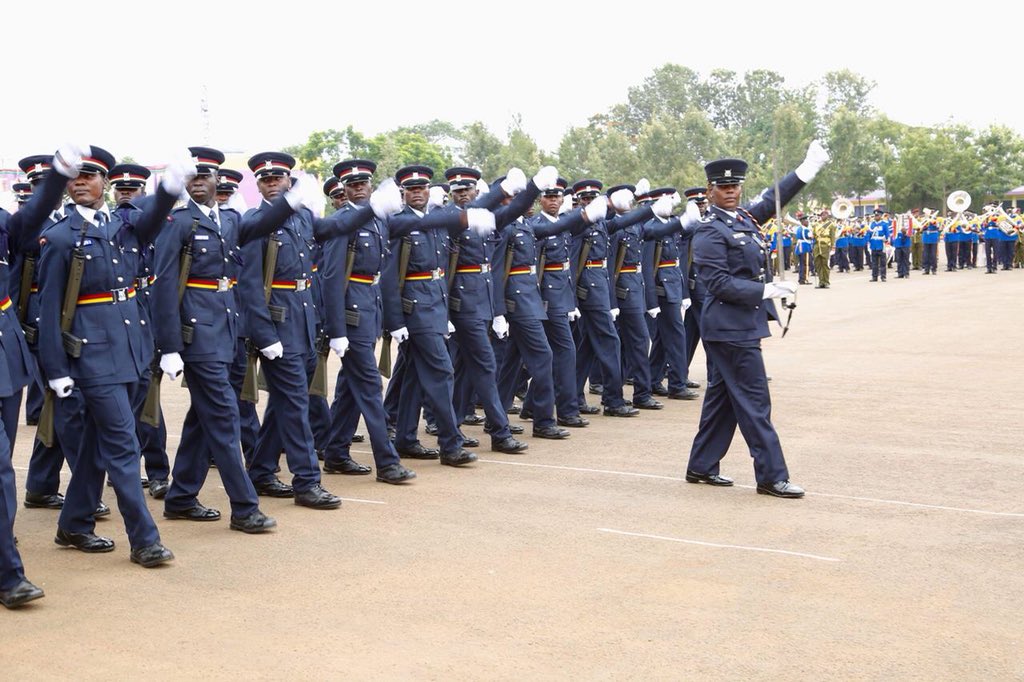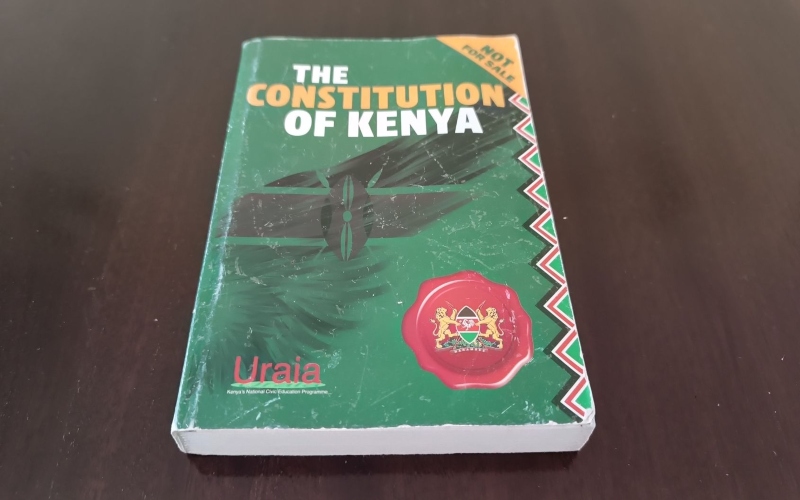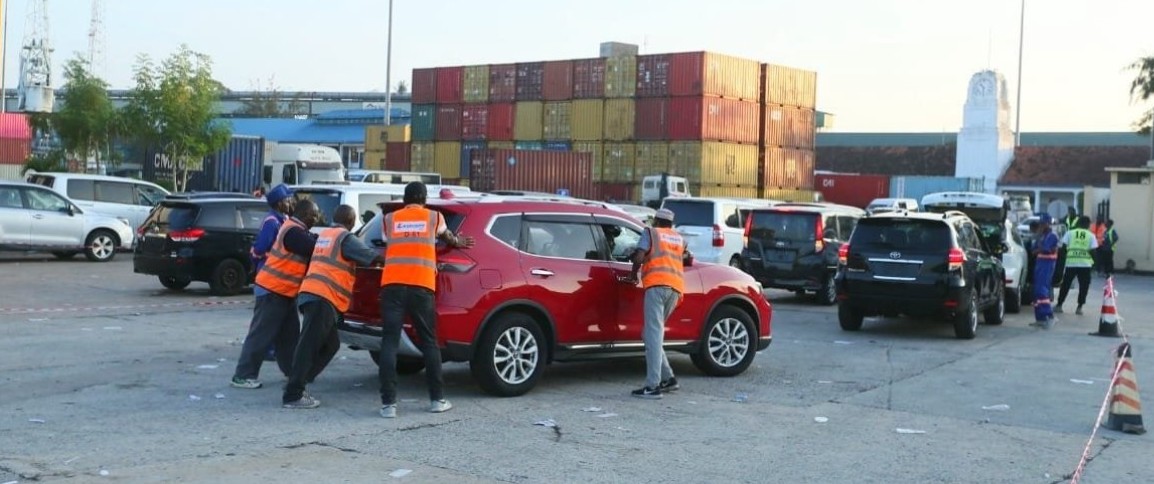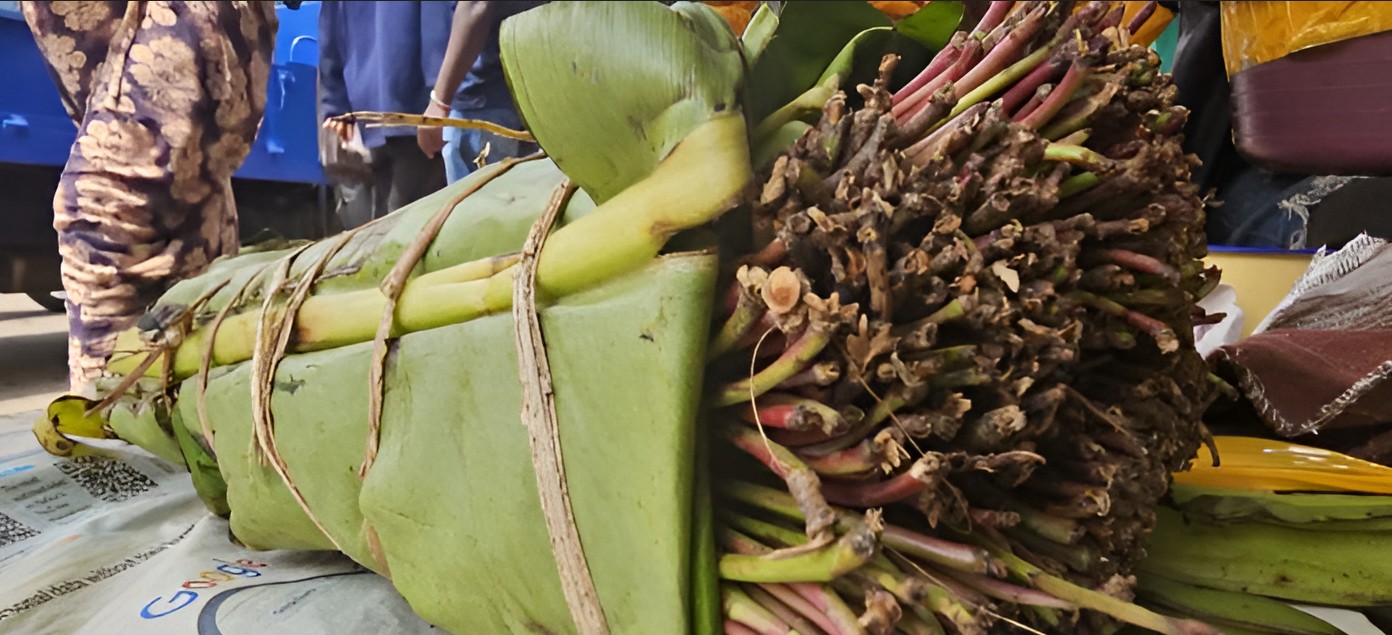Funding delays, operational weaknesses threaten police operations, says EACC

The report notes that specialised units and devolved formations also do not receive their own AIEs, limiting their ability to function effectively.
Police stations across Kenya are struggling to operate independently due to insufficient allocation of Authority to Incur Expenses (AIEs), according to a new report by the Ethics and Anti-Corruption Commission (EACC).
The Commission warns that the lack of timely funding and formalised procedures has weakened operational capacity and created opportunities for corruption within the National Police Service (NPS).
More To Read
- Court recommends murder charges against three officers over 2022 Masimba killings
- Audit reveals 200,000 police officer shortfall amid rising security demands
- NCIC warns of criminal gangs using social media to recruit, mobilise
- Busia destroys Sh21.9 million worth of heroin, bhang in anti-drug operation
- EACC flags systemic gaps fueling corruption in Police Service, calls for urgent reforms
- Kenya’s public officers must declare assets by end of the year, says EACC
The report notes that specialised units and devolved formations also do not receive their own AIEs, limiting their ability to function effectively.
Delays in disbursing funds, missing land ownership records, and incomplete title documentation have forced informal practices, including soliciting contributions for official duties, exposing officers and the service to legal risks.
EACC recommends that all police formations, units, and stations be provided with AIEs without delay to support routine operations.
The Commission also calls for collaboration with relevant authorities to clarify land ownership, formalise property titles, and register police station land properly to prevent disputes.
The findings were presented on Thursday, November 13, 2025, at the National Police Leadership Academy by EACC CEO Abdi Mohamud.
The examination, conducted from February 10 to June 13, 2025, was supported by the United Nations Office on Drugs and Crime (UNODC) under the Legal Empowerment and Aid Delivery in Kenya (PLEAD II) program, funded by the European Union.
The assessment focused on identifying areas in the NPS that are vulnerable to corruption, evaluating compliance with laws and internal policies, and recommending measures to strengthen service delivery and accountability.
Among the key observations, the report found that user departments are often excluded from procurement decisions for critical operational equipment.
There is also no conflict-of-interest register for tender committees, and classified procurement rules are frequently ignored, including failure to select suppliers properly, form special committees, and rely on unregistered providers.
These gaps may result in higher costs, substandard goods and services, fraud, and failure to get value for money.
EACC urges full involvement of user departments in defining specifications, evaluating tenders, inspecting deliveries, and monitoring contracts.
The commission stresses operationalising a conflict-of-interest register and strictly following classified procurement guidelines, including supplier selection, market surveys, and committee formation, as required by the Public Procurement and Asset Disposal Regulations, 2020.
The report also highlights weaknesses in the National Police Reserve (NPR), citing no formal framework for engagement, no promotion procedures, and restrictive five-year term limits.
These issues have contributed to nepotism, bribery, political interference, and the discharge of well-trained personnel, which risks national security and increases future recruitment costs.
EACC recommends fast-tracking the development of a National Police Reserve Policy, revising term limits for vetted officers, and ensuring continuity by retaining trained personnel.
The Commission says these measures are crucial for maximising training investment, maintaining operational capacity, and safeguarding transparency and fairness in promotions and recruitment.
Top Stories Today












































